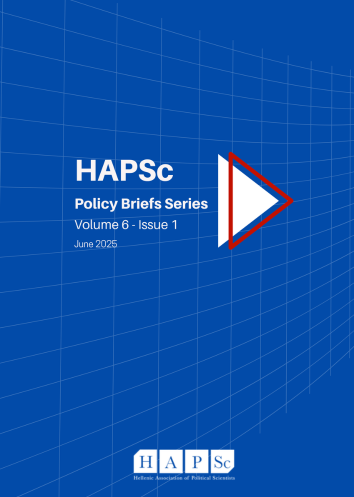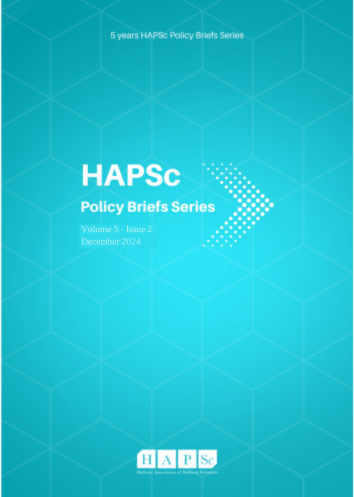Liberty, Equality, Fraternity: Confronting the Crisis of Democracy through the Lens of the Three-Body Problem

Abstract
The article examines the crisis of modern democracy through the lens of the dynamic interaction between the fundamental values of freedom, equality, and fraternity. Using the metaphor of the three-body problem from physics, a new analytical model is proposed that perceives democracy as a complex, non-linear system. It argues that contemporary democratic challenges are not due to the collapse of individual values, but to the dynamic imbalance between them. A "dynamic equilibrium" approach is proposed, requiring continuous recalibration of institutions and political culture to address the inherent tensions of democracy. The article concludes that accepting complexity and instability as inherent characteristics can lead to more resilient and adaptive democratic systems.
Article Details
- How to Cite
-
Peloponnisios, M. (2025). Liberty, Equality, Fraternity: Confronting the Crisis of Democracy through the Lens of the Three-Body Problem. HAPSc Policy Briefs Series, 6(1), 178–190. https://doi.org/10.12681/hapscpbs.43204
- Section
- Articles

This work is licensed under a Creative Commons Attribution 4.0 International License.
Authors retain copyright and grant the journal right of first publication with the work simultaneously licensed under a Creative Commons Attribution License that allows others to share the work with an acknowledgement of the work's authorship and initial publication in this journal.


